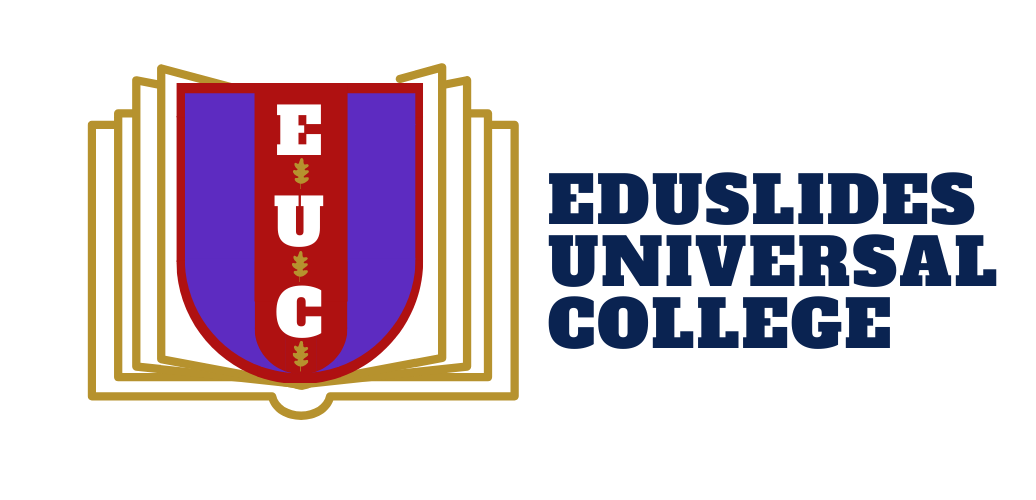Blog
Reason for Guidance and Counselling
- October 30, 2024
- Posted by: Writer
- Category: Education

Guidance and Counseling is a process designed to help individuals discover and develop their educational, vocational, and psychological potential, enabling them to achieve personal happiness and contribute meaningfully to society.
The primary objectives of guidance and counseling include enhancing coping skills, fostering effective decision-making, facilitating behavior change, and improving interpersonal relationships.
Guidance and counseling play a crucial role in assessing an individual’s interests, intelligence, attitudes, personality, and abilities.
Counselors work closely with individuals to help them make appropriate adjustments in various aspects of their lives.
These professionals stay informed about opportunities related to employment, internships, further education, and other relevant factors, providing essential support in exploring different life options.

The key aspects of guidance and counseling
- Importance of Cultural Sensitivity: In today’s multicultural societies, it’s crucial for counselors to be culturally competent.
This means understanding and respecting the diverse cultural backgrounds of individuals, which can influence their values, beliefs, and decision-making processes.
Culturally sensitive counseling ensures that the guidance provided is relevant and effective for individuals from various cultural contexts.
- Role of Technology in Guidance and Counseling: The integration of technology into counseling practices is increasingly important.
Online counseling platforms, virtual career assessments, and digital resources provide new avenues for individuals to access guidance and counseling services.
Technology can also bridge the gap for those who may not have easy access to in-person counseling due to geographical, financial, or physical constraints.
- Ethical Considerations in Counseling: Ethical guidelines are fundamental in the counseling profession. Counselors are expected to maintain confidentiality, obtain informed consent, and practice within their areas of competence.
Discussing the ethical responsibilities of counselors, including dealing with dual relationships and managing conflicts of interest, could add depth to the article.
- Impact of Guidance and Counseling on Mental Health: While the article touches on the psychological aspects of counseling, a more detailed exploration of how guidance and counseling can positively impact mental health could be valuable.
Counseling plays a significant role in preventing and managing mental health issues by providing individuals with coping strategies, emotional support, and a safe space to express their feelings.
- Challenges in Guidance and Counseling: Addressing some of the challenges faced in the field, such as the stigma surrounding counseling, resource limitations in educational settings, and the need for continuous professional development for counselors, could provide a more balanced view.
- Interdisciplinary Collaboration: Guidance and counseling often involve collaboration with other professionals, such as teachers, healthcare providers, social workers, and career advisors.
Highlighting the importance of this interdisciplinary approach can emphasize how comprehensive support is provided to individuals.
- Future Trends in Guidance and Counseling: Discussing emerging trends, such as the growing focus on mental health awareness, the use of data analytics in career counseling, and the increasing demand for specialized counseling services (e.g., for LGBTQ+ individuals or those with disabilities), could make the article more forward-looking.

Reasons for Guidance and counselling
Guidance and counseling are essential services in various settings, including schools, workplaces, and community centers. Here are some key reasons why they are important:
- Personal Development: It helps individuals understand themselves better, including their strengths, weaknesses, interests, and values. It encourages self-confidence and self-esteem by helping individuals recognize their worth and potential.
- Academic Achievement: Assisting students in selecting appropriate courses and career paths that align with their abilities and interests, teaches effective study habits and time management techniques to improve academic performance.
Guidance and counselling encourage students to set and achieve academic goals, fostering a positive attitude towards learning.
- Career Guidance: Helps individuals explore different career options based on their interests, skills, and market demand.
It provides guidance on resume writing, interview techniques, and job-hunting strategies, assists individuals in navigating career changes, whether due to personal choice or external circumstances.
- Social Development: it helps individuals develop effective communication, conflict resolution, and teamwork skills and supports the development of healthy relationships with peers, family, and colleagues. Encouraging active participation in community activities and fosters a sense of social responsibility.
- Prevention of Problems: Identifies and addresses potential problems before they escalate.it has a positive impact in Educating individuals on issues like bullying, substance abuse, and violence to prevent them from occurring and encourages healthy living habits to prevent physical and mental health issues.
- Support for Families: Provides guidance to parents on effective parenting strategies and child development. It offers support to families dealing with conflicts, communication issues, or other challenges.
Guidance and counseling are crucial for fostering the overall development and well-being of individuals, helping them navigate the complexities of life more effectively.
Professional Certificate in Customer Relationship Management
Preview this course
Featured
Special





